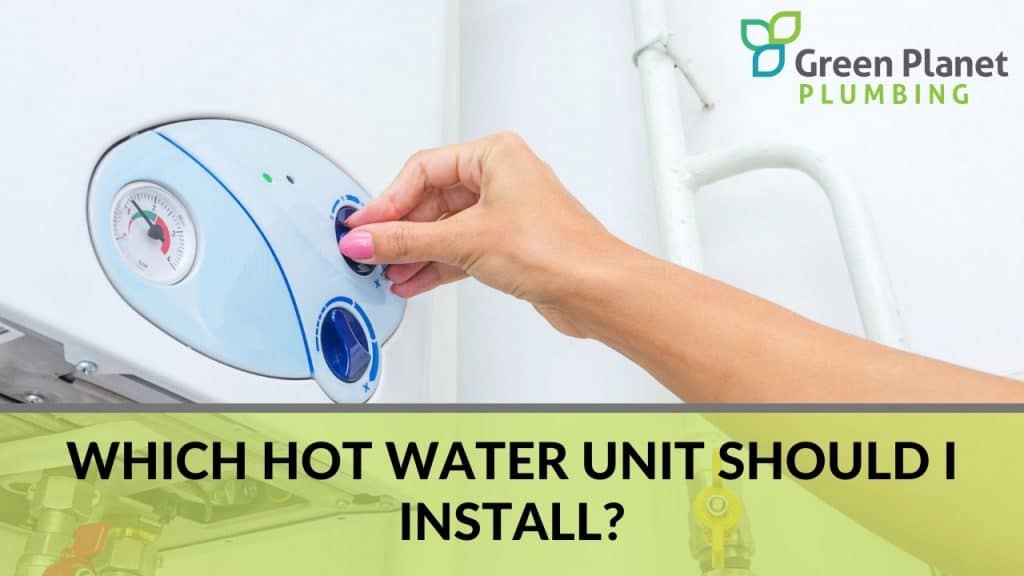Types of Hot Water systems
Hot water systems are probably not at the front of your mind when you think of the most important parts of a functional home. But, when you think again, it is one of your key household necessities.
Hot water is a luxury we tend to take for granted, but it is a luxury we should pay more attention to. These days, we all have hot water units and hot water systems installed in our properties. From running a bath to cooking, there’s a wide range of reasons why having an instant hot water source is advantageous. After all, the types of hot water systems you can install today are convenient and very safe.
If you’re currently thinking about having a hot water system installed in your house, you’re in safe hands. Green Planet Plumbing can brief you on everything you need to know about hot water systems and advise you on selecting a hot water unit that best fits your property and needs.

Hot Water Systems and How They Work
A hot water system consists of water-heating or water-cooling components. They also consist of heat-emitting elements like baseboards, convectors and radiators, that control the temperature of your water straight from the mains. Your property’s internal piping system connects the heat source to the heat-emitting units and your hot water system will then process your water so that it flows through your system at the temperature you select.
Types of Hot Water System
There are two main types of hot water systems: continuous systems and storage systems:
- Continuous water systems
These are usually gas powered, but you can sometimes find electric models too. This water system only heats water when it is required.
- Storage water systems
These systems are usually electric or solar powered. They pre-heat your water and store it in an insulated tank so that your hot water can flow on-demand without you needing to wait for that short while before the water temperature reaches the level you requested.
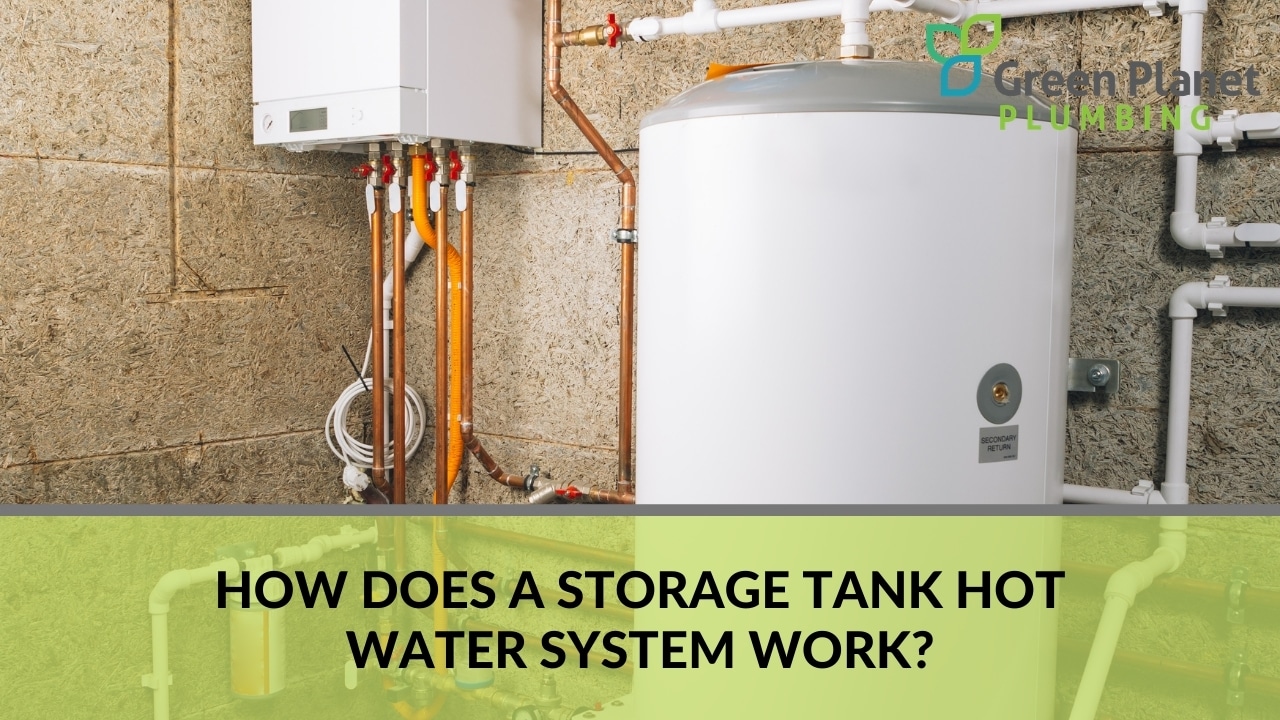
How Does a Storage Tank Hot Water System Work?
In storage or tank hot water systems, there is a heating element at the bottom of the water heating unit which keeps your water warm so that it can be readily available whenever you need it.
How Does a Continuous Hot Water System Work?
In continuous hot water systems, a heating element is connected to the pipes which heats your water as it passes through, but you generally have to wait for a short while before you get your desired water temperature. You can power your water heater by gas, electric or solar.
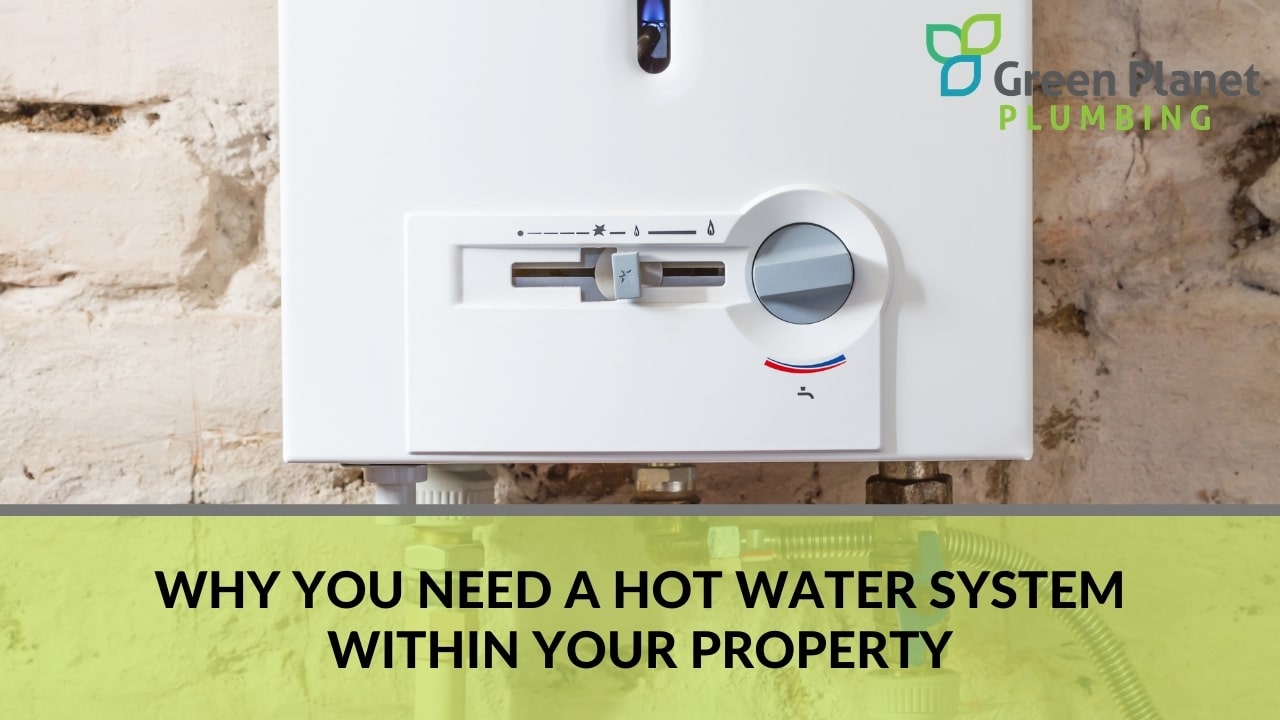
Why You Need a Hot Water System within Your Property
Whether you are in a residential or commercial property, you’re always going to need hot water and having a convenient water heating system is recommended for this. We all realise just how important hot water is to our daily tasks.
Instant access to hot water
This is probably the main reason why you want to have hot water systems installed: hot water on demand. Whether you choose a continuous or storage hot water system, you will still be able to get access to hot water almost immediately; at most, you’ll only need to wait for a minute or less.
Having an instant hot water unit means you will not need to manually fill up a container and heat it whenever you need your hot water. Now, all you need to do is open the tap, and hot water will immediately flow from your pipes, saving a lot of time and energy.
Save Energy
The more modern your hot water systems are, the more energy-efficient they will be. Old water heaters tend to use more energy, due to the technological limitations of their manufacturing period.
When you install a new hot water system, you will get near-instant access to hot water without the electric load that old water systems consume, which means that you’ll be able to save money.
Help Conserve Water
The worst thing that you could do to water is waste it. Water is one of the most precious resources we have, so it’s a given that we should treat it well. Usually, when heating water manually, we end up collecting more water than we need because possibly to save on energy costs. Unfortunately, excess hot water often gets drained or repurposed after it is cooled, which creates a waste of energy used to heat the water, or a waste of the water itself, or both.
With a continuous hot water system, you’ll only release hot water whenever you need it, so you would not need to gather more water than you need. A hot water system not only helps in conserving water, but it also contributes to lower energy costs.
Types of Hot Water Systems According to Heating Power Source
Below, we break down some of the most common types of hot water systems according to their heating power source. We’ve also listed down their pros and cons to further give you more insight:
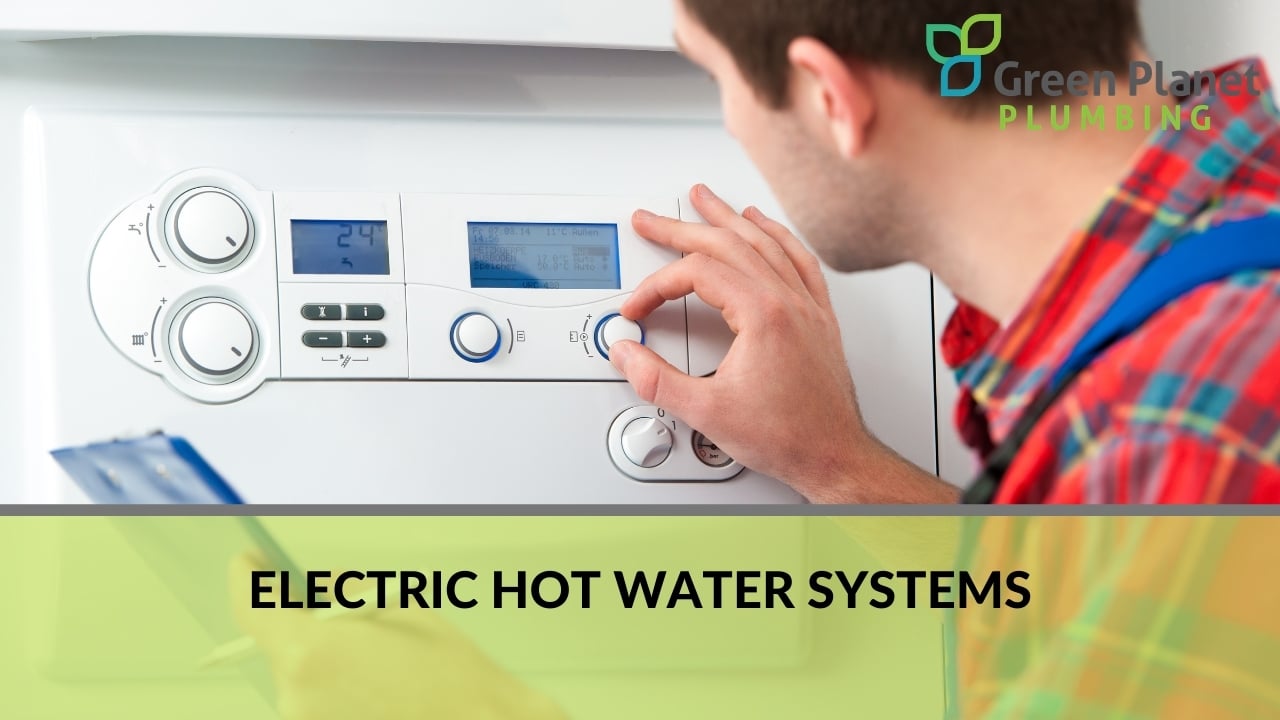
Electric Hot Water Systems
Powered by electricity, these are probably the most common hot water systems used by Australians, due to the relatively easy installation process. These are also the cheapest hot water system type in the market today.
Advantages
- Relatively low upfront costs
- Good choice for moderate water consumption
- Easy to use and install
- Space saving – continuous electric hot water systems do not require a tank.
Disadvantages
- It can be more expensive in the long run due to the overall amount of electricity used, compared to other types of heaters.
- You won’t have hot water during power outages. If your area has regular power outages, then this might not be the best one for you.
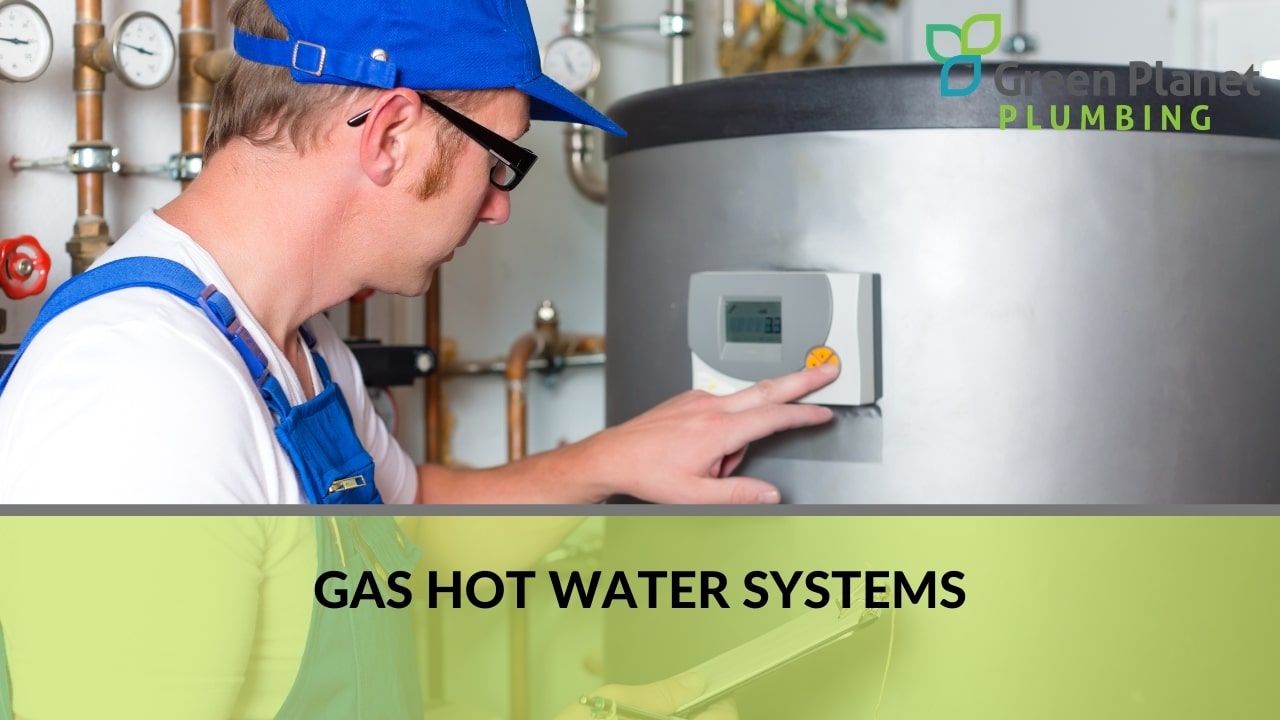
Gas Hot Water Systems
The second most popular water system in New South Wales is the gas hot water system. If you need fast-heating of a higher volume of water, this should be your heater of choice.
Advantages
- Provides hot water even during power outages.
- Once installed, the operation cost of gas hot water systems is lower than electric versions.
- Higher hot water recovery rate than electric heaters.
Disadvantages
- Higher upfront costs than other types of unit
- Small risk of gas malfunctions. Such as a leak, explosion or Carbon Monoxide poisoning.
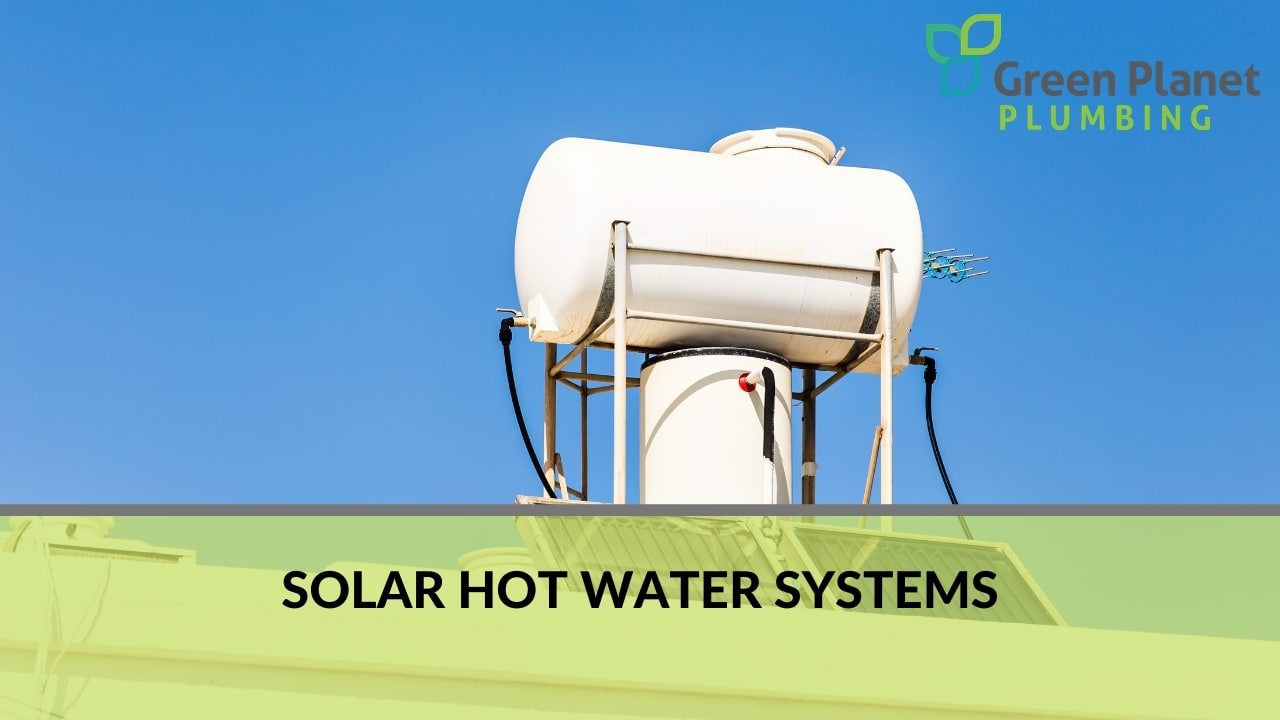
Solar Hot Water Systems
Solar heaters are newcomers to the Australian hot water systems market and this newer type of hot water system is slowly gaining traction in NSW.
Advantages
- Low running and operational cost, just like gas-powered hot water systems.
- Government subsidies or loans are available for solar battery systems – Using renewable energy in New South Wales can give you interest-free loans from the government (subject to qualification).
- Highly efficient.
Disadvantages
- Higher initial cost – You may have to spend a lot of money to have a solar-powered hot water system.
- Check with your local government if you can have access to the interest-free loan mentioned above.
- Requires enough roof space to accommodate the correct number of solar panels.
- Weathers can affect your heater’s performance, because lower levels of sunlight will affect solar panel performance.
Which is the Right Water Heater for You?
There are a couple of factors when considering water heaters:
- Do you want a continuous system or a storage system?
- Do you want it to be powered by electricity, gas, or solar power?
- Each of these have their pros and cons, so you will have to weigh out your options properly.
To those who are budget conscious, an electric hot water system may be the right choice, but if you are able and willing to invest in something more efficient in the long run, then you can look at the gas and solar-powered water heaters as well.
Browse through our water system selections and see which one best fits your property! Contact us today at Green Planet Plumbing to know more.

